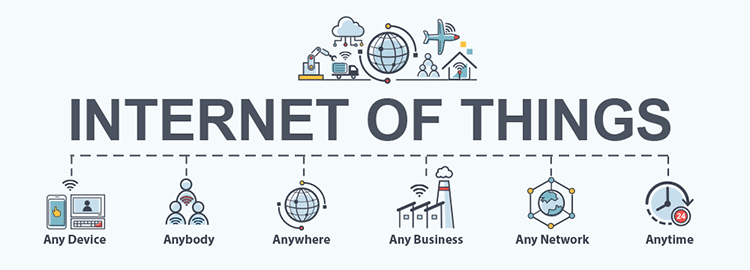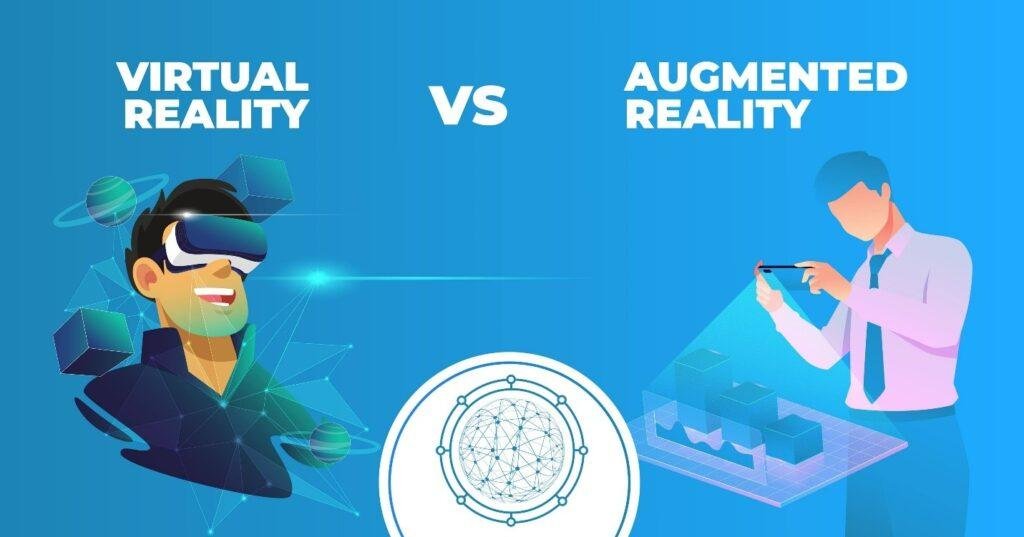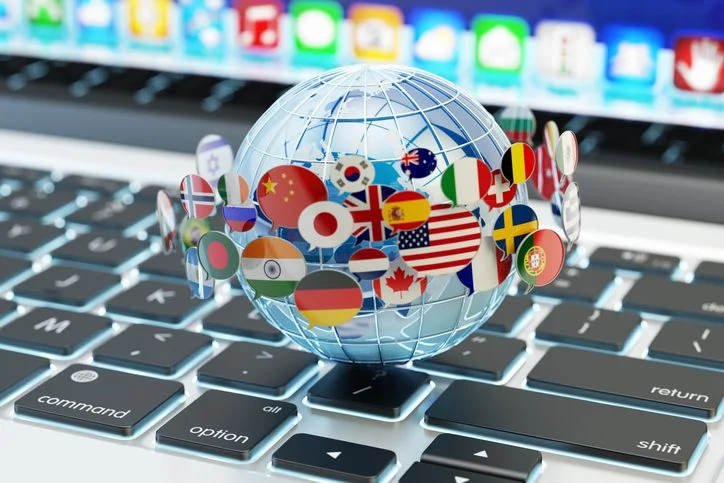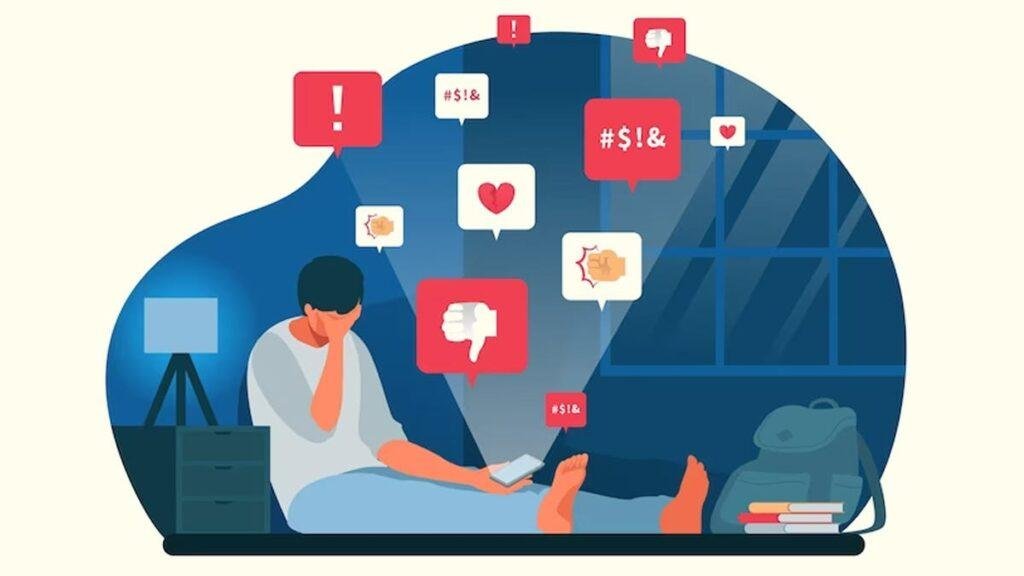Internet of Things (IoT)
Internet of Things (IoT): The potential of IoT devices and their impact on industries such as healthcare, manufacturing, and transportation, as well as the challenges of ensuring security and privacy in the IoT ecosystem.
The Internet of Things (IoT) refers to the network of devices that are connected to the Internet and can communicate with each other.
These devices can range from simple sensors to complex machines and appliances, and they have the potential to revolutionize industries such as healthcare, manufacturing, and transportation.
In healthcare, IoT devices enable the monitoring of patient health and the provision of real-time data to healthcare providers.

This can improve the accuracy of diagnoses and treatments, as well as reduce healthcare costs by enabling remote patient monitoring.
For example, wearable devices such as smartwatches can track a person’s heart rate and activity level, while smart inhalers can monitor a person’s use of medication and provide reminders.
In manufacturing, IoT devices can optimize production processes and decrease downtime. Placing sensors on machines to monitor performance and detect potential issues before they escalate into major problems is a common practice.
This can improve efficiency and reduce maintenance costs. IoT devices can further be utilized to track inventory and enhance supply chain management.
In transportation, IoT devices facilitate the enhancement of safety and efficiency. Connected vehicles can communicate with each other to avoid accidents and optimize traffic flow.
Placing sensors on roads and bridges can monitor their condition and detect potential issues. Additionally, IoT devices can track cargo and enhance logistics management.
Despite the potential benefits of IoT devices, there are also challenges to ensuring security and privacy in the IoT ecosystem. With so many devices connected to the internet, there is a risk of unauthorized access and data breaches.
This can result in the theft of personal information and other sensitive data.
Securing the sheer number of devices poses a challenge. With billions of IoT devices in use, ensuring proper security for each one is difficult. Furthermore, the design of many IoT devices as low-cost and low-power restricts their capability to implement advanced security measures.
Another challenge is the lack of standardization in the IoT ecosystem. There are many different types of devices, each with its unique protocols and interfaces. This can make it difficult to develop comprehensive security solutions that work across all devices.
One way to address these challenges is to use encryption and other security technologies to protect data. IoT devices can use encryption to ensure that data is only accessible by authorized users.
Other security measures, such as using firewalls and intrusion detection systems, can also protect against cyber attacks.
Another way to address these challenges is to develop industry-wide standards for IoT security. This can include guidelines for device manufacturers and protocols for communication between devices.
Standardization can help ensure that designers create IoT devices with security in mind and that they seamlessly work together.
Conclusion
Finally, it is important to educate users about the risks and best practices for securing IoT devices. This can include instructions for changing default passwords, keeping software up to date, and avoiding public Wi-Fi networks.
Users should also understand the types of data that IoT devices collect and how they use it. 온라인카지노



















